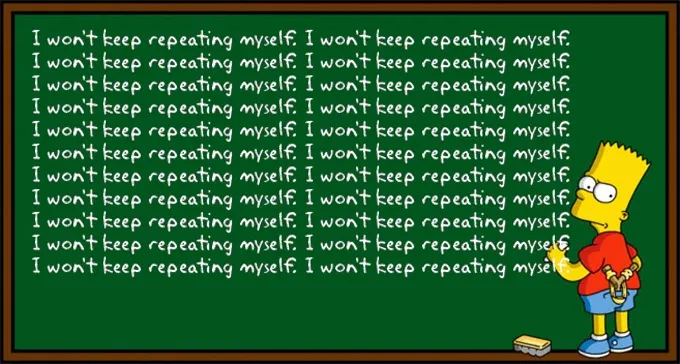Don't share misinformation! No really, don't share misinformation!

Social media algorithms are really good at figuring out what people like. Instagram shows me the same "surprise, it's someone from your past that is going to make you cry" videos over and over:
My susceptibility to tearjerker videos seems harmless, but what if I was intrigued by (very, very inaccurate!) claims that vaccines cause autism, or other kinds of misinformation? What would happen if a social media algorithm started feeding me those false claims over and over again? Would I be more likely to believe that misinformation?
Sadly, the answer is yes. As Udry and Barber (2024) explain in this great article, repeated claims are more likely to be endorsed as true, a phenomenon called the illusory truth effect. The article summarizes many interesting and important aspects of this effect. For example, the effect is logarithmic (i.e., perceptions of truth increase sharply with the first few repetitions, but then begin to level out with future repetitions). Also, the repetitions do not have to be verbatim (e.g., seeing "vaccines cause autism" [again, just to be clear, they don't!] and then seeing "autism may be linked to vaccine use" [one more time, there's no evidence for this!] induces the illusory truth effect). And the effect even happens when the first exposure is shown in a "clickbait" manner, which most of us associate with false information. All of this is a big "yikes!" given how often misinformation is repeated on social media.
So, what can we do? Well, educating people about the illusory truth effect and then warning them before it happens can reduce the effect. And presenting misinformation in the form of a question (before refuting it, of course!) can also help. But, I suspect the best way to avoid the dangers of the illusory truth effect is to (1) avoid sharing misinformation and (2) shun social media sites, and other sources, that allow misinformation to spread. Sources could, and perhaps should, be held responsible for the quality of the information they promote.